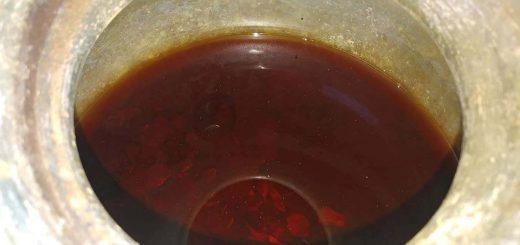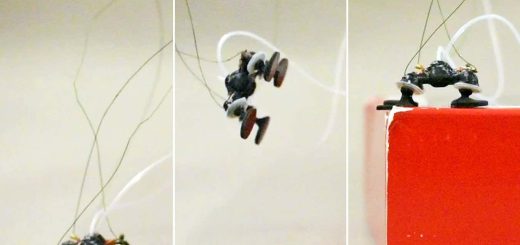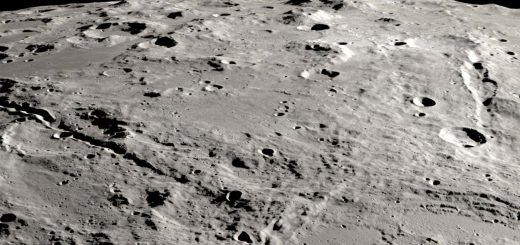Nomads thrived in Greece after the collapse of the Roman Empire
Analysis of pollen in sediment cores from a large lake in Greece shows that nomadic livestock herders took over the region after the collapse of the Western Roman Empire
By Michael Le Page
17 May 2024
Pollen records show the landscape was dominated by pasture animals, suggesting the presence of nomadic herders
DIMITRIOS TILIS/Getty Omages
An analysis of pollen from Lake Volvi in Greece has unexpectedly revealed that nomads thrived in this region for centuries after the chaos unleashed by the collapse of the Roman Empire.
Adam Izdebski at the Max Planck Institute of Geoanthropology in Germany and his colleagues were studying sediment cores from the lake as part of a larger study. As lake sediments build up, changes in the abundance of various kinds of pollen in the sediment layers can record how nearby vegetation changed over time.
Read more
The rise and fall of the mysterious culture that invented civilisation
Advertisement
In some other places around the Mediterranean, the team has found signs of reforestation after the collapse of the Western Roman Empire around AD 476. But at Lake Volvi, from around AD 540, the team found less tree pollen but more pollen from plants associated with nomadic livestock herders. These nomads were returning to the same areas seasonally, so planted some crops, such as barley.
“We have this moment when the Roman agriculture disappears almost completely due to plague, climate change and warfare, but you don’t get reforestation – you actually get less forest very quickly,” says Izdebski.
“The landscape was dominated by pasture animals even in the high mountain areas. This was a complete shift from how the Romans farmed the lowlands for several hundred years.”


